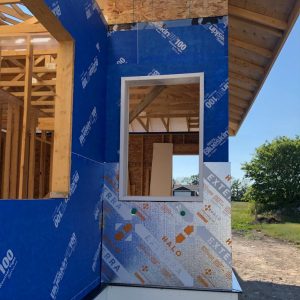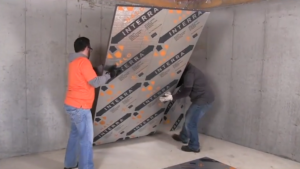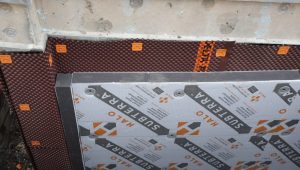
Don't miss a thing!
Subscribe for exclusive content, insider industry news and limited edition webcasts.
In this blog post, we’ll discuss how the insulation value of extruded polystyrene (XPS) rigid insulation actually decreases over time and how building codes in Canada now mandate that manufacturers of these insulation products must state this is the case.
You will also learn how Halo’s Graphite Polystyrene (GPS) core provides greater long term R-value than XPS because it does not experience any significant R-value deterioration over time.
Why XPS and Polyiso Lose R-Value Over Time
In the past, XPS has been cited as having an R-value of R-5/in while polyisocyanurate has been cited an R-value of R6-6.5/in. However, building code in Canada now prohibits these products from claiming this.
The problem is with XPS’s “long-term thermal resistance” (LTTR). In a nutshell, their blowing agents deplete over time, reducing XPS’s insulation value over time. The same applies to polyiso.
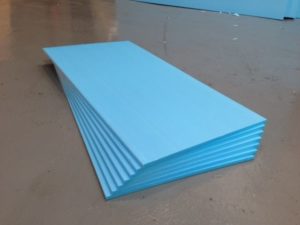
As such, the newest version of CAN/ULC S701 (the Canadian standard for insulation) now recognizes this and requires these insulation products to test and report their actual LTTR values, which are considerably lower than what was being previously claimed.
Thus XPS manufacturers can no longer claim a “true” R-5/in and reference the standards above, they must now report their LTTR after 5 years which is actually R4.7, and you can expect even lower R-values after that as the deterioration continues over time.
On the other hand, expanded polystyrene (EPS) and GPS (the new standard in thermal insulation), for instance, both use air as the blowing agent, which does not lead to a long term reduction in R-value.
Plus, GPS also offers some advantages over EPS where R-value is concerned.
Why GPS is The Best Option
GPS is manufactured just like EPS. However, it also features high purity graphite particles that are infused into the polystyrene beads. The graphite particles reflect and absorb radiant energy, slowing down the transfer of heat.
The result?
18% more insulation capacity than EPS! Put another way, GPS foam board like Halo insulation delivers a true long-term R-5 per nominal inch that’s also stable over time and, in the long term, actually greater than the expected long term R-value of XPS.
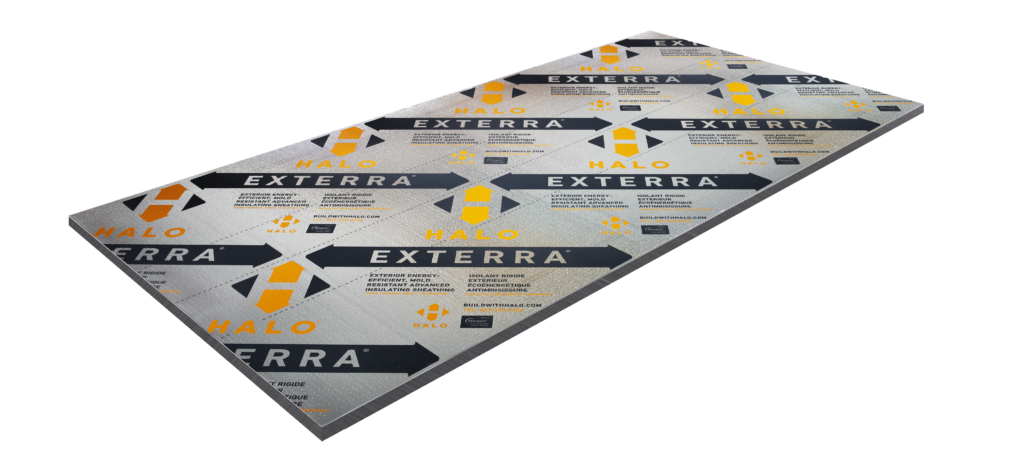
Recommended Further Reading:

